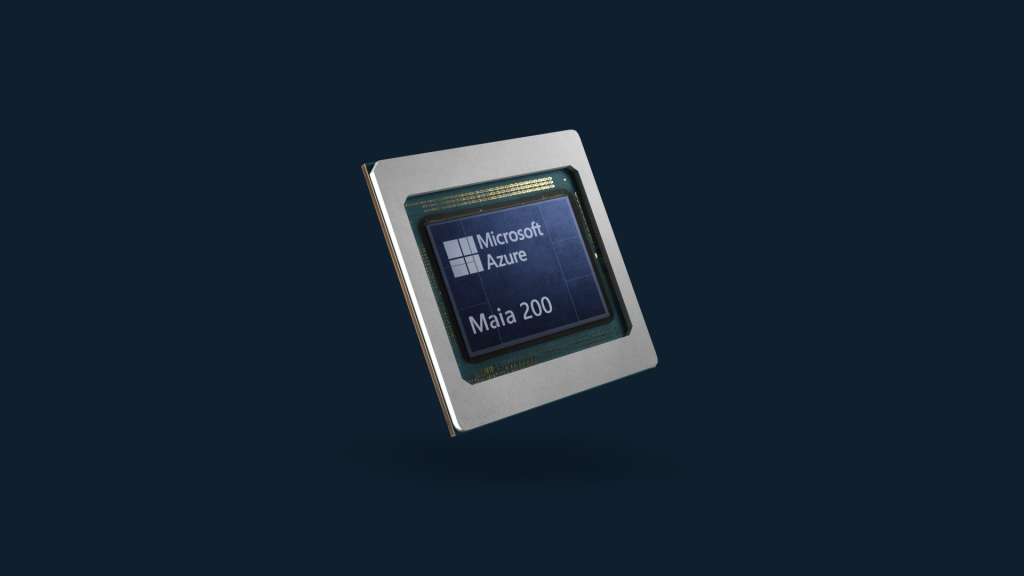The future of Windows in the mobile space depends on Microsoft's (MSFT +2.19%) future. If the company is destined to be a devices and services company, increasing device sales is paramount to everything else. The other option is for Microsoft to offer tremendous software options and produce hardware to make sure the business moves forward. Whichever avenue Microsoft chooses, there could be severe consequences if the company gets it wrong, and great rewards for investors if the company gets it right.
Free Windows
In a recent article by fellow Fool, Leo Sun, it was suggested that Microsoft made a mistake by cutting its Windows 8.1 licensing fee by 70% for PCs that cost less than $250. Apparently, this change was brought about by increased interest in the Google (GOOG +0.39%) Chromebook.
In theory, Microsoft is cutting ultra-low-priced PC licensing fees to allow manufacturers to offer even more compelling values on these units. In addition, more affordable PCs could help stem the tide of tablet growth brought on by Apple's (AAPL +1.14%) iPad and new tablets by Amazon, Samsung, and others.
Sun suggested that Microsoft isn't facing the reality that Windows Phone and Windows RT will be at a disadvantage unless they are free and able to go head-to-head with Android. However, Apple was able to sell over 50 million iPhones and over 20 million iPads in the last quarter, and it controls both the hardware and software of its devices.
I respectfully disagree with the notion that Microsoft must give up licensing revenue on its Windows Phone and RT business. The company still gets about half of its devices and consumer segment revenue from licensing (roughly $5 billion), and the software side of the business garners a 90% gross margin. Last quarter, the hardware business sported a gross margin of less than 9%.
Making Windows Phone and Windows RT software free would make them more attractive to device manufacturers. However, Microsoft would be giving up licensing fees on these two fast-growing categories, and instead hoping for enough device growth (at one-tenth the gross margin) to offset this loss.
Microsoft has proven it can produce devices that consumers want, as Surface revenue more than doubled last quarter. With the pending acquisition of the Nokia handset business, the company will have a chance to integrate its software and hardware like never before.
There may be a time when Windows Phone and RT should become free, but that time is not now.
Growing in spite of its critics
Windows Phone still lags Apple and Google in the smartphone arena, but a recent study by IDC Research suggests this division will post impressive growth over the next few years.
IDC has stated that worldwide smartphone shipment growth will decelerate significantly, from 39% in 2013 to just 6% by 2018. During this same time frame, Windows Phone is expected to grow its market share from 4% to 7%.
Both Apple and Google have benefited as iOS and Android have grown, and as Windows Phone gains market share, there should be a halo effect for Microsoft's other businesses. This halo effect should benefit Microsoft's Office empire, and help Bing's continued attack on Google's search dominance.
Bringing it all together
For those who think Microsoft isn't serious about gaining market share in the tablet business, consider what the company is offering to new Surface 2 buyers. For a starting price of $449, customers get a Surface 2 tablet, plus 200 GB of storage from the company's OneDrive service. This same storage on Google Drive would cost $9.99 per month, or almost $240 over the same time frame.
Apple users can't even get 200 GB of storage on iCloud because Apple's storage upgrade options only offer up to 50 GB. Plus, that storage (one-fourth of what Microsoft is offering) would cost $200 over the next two years. Microsoft is clearly serious about gaining market share and introducing new consumers to its own ecosystem.
With huge growth in its devices business over the last quarter (68%) and significant growth in its commercial licensing division (10%), Microsoft seems to be on the right path. Long-term investors should consider picking up shares while they can still get a yield of nearly 3%. The company's future in mobile looks bright, despite what some may think.








